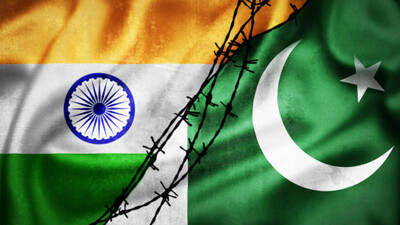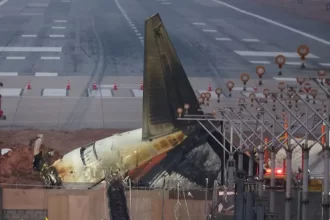In a move that could signal a thaw in long-frozen relations, Pakistan has for the first time expressed willingness to engage with India over the long-standing Indus Waters Treaty (IWT), hinting at a potential return to dialogue in the wake of rising tensions.
This development comes on the heels of a devastating terror attack in Pahalgam on April 22, which left 26 people—many of them tourists—dead, leading India to suspend the 1960 treaty with immediate effect. The decision was communicated to Islamabad just two days later, underscoring the urgency and seriousness of India’s response.
India’s Water Resources Secretary, Debashree Mukherjee, wrote to her Pakistani counterpart, Syed Ali Murtaza, stating firmly that continued cross-border terrorism from Pakistan had made it impossible for India to uphold its treaty obligations in good faith. “The obligation to honour a treaty in good faith is fundamental,” she noted, pointing to how security threats had impeded India’s full utilisation of its rightful share of water.
The Indian Cabinet Committee on Security (CCS) swiftly approved the suspension on April 23 as part of a broader strategic and diplomatic response, which also included downgrading diplomatic ties.
Until now, Pakistan had remained largely silent in the face of India’s growing frustration, despite receiving formal notices from New Delhi in both January 2023 and September 2024. But in a rare and significant shift, Syed Ali Murtaza has now replied, acknowledging India’s concerns and expressing openness to holding discussions around specific treaty provisions. However, he also questioned the legality of India’s decision to suspend the treaty, pointing out that the agreement contains no exit clause.
India remains firm. On May 13, Ministry of External Affairs spokesperson Randhir Jaiswal reiterated India’s position: the treaty, built on the foundation of goodwill and friendship, cannot stand while Pakistan continues to support cross-border terrorism. “Water and blood cannot flow together,” Prime Minister Narendra Modi had stated following Operation Sindoor, encapsulating the hardened stance.
Jaiswal also emphasized that climate change, demographic shifts, and evolving technologies are all part of the changing realities that demand a reassessment of such decades-old treaties.
While tensions remain high, Pakistan’s shift in tone may offer a narrow but significant window for diplomacy. The world watches with cautious hope that dialogue, not division, can define the future of one of South Asia’s most vital shared resources.








